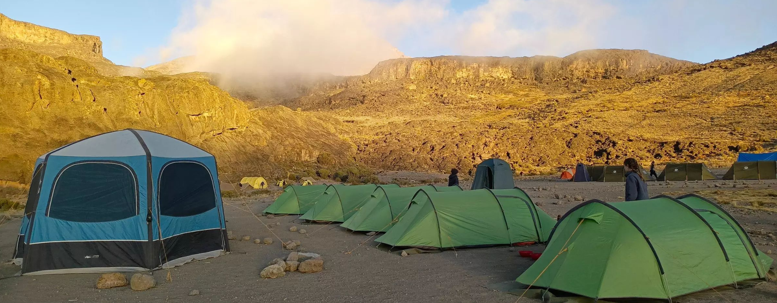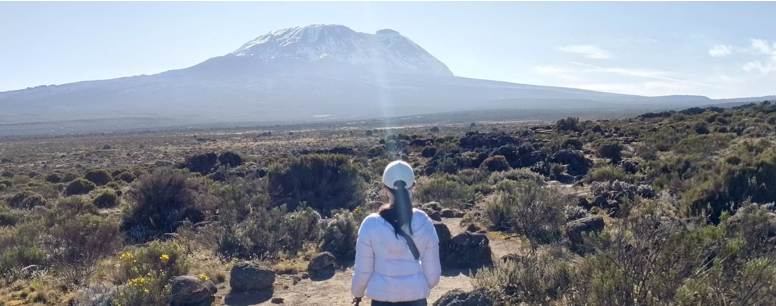The Philosophy of the Climb: What Kilimanjaro Teaches About the Inner Architecture of Courage

There are few experiences that test the alignment between thought and action as clearly as climbing Kilimanjaro. Rising 5,895 metres above Africa, it is both a geographical and philosophical summit — a place where endurance meets meaning.
On the mountain, theories of courage collapse into practice. Every idea about patience, perseverance, and humility must become tangible. The mountain doesn’t entertain abstraction; it reveals it.
The Moral Weight of Movement
Climbing is often mistaken for competition — a race to conquer. Yet Kilimanjaro refutes that illusion. Here, progress is not speed but sincerity. Every step is an ethical decision: to continue despite discomfort, to slow down for another, to accept vulnerability without defeat.
This quiet morality forms the architecture of courage. It is not about dominance, but dignity — the willingness to rise without trampling what sustains you.
The Discipline of Acceptance
Philosophers have long written of balance between ambition and acceptance. On Kilimanjaro, this balance becomes literal. To ascend too quickly invites sickness; to move too slowly forfeits momentum. The only viable philosophy is harmony — the acceptance that success must be measured, not seized.
Each day’s climb is a lesson in proportion: effort calibrated by awareness, desire tempered by respect. The summit, then, is not a conquest but a conversation — between the will and the world.
Humility as Intelligence
The higher one climbs, the smaller one feels — yet not in defeat, but in perspective. The mountain’s immensity is not oppressive; it is instructional. It teaches that wisdom begins where arrogance ends.
Climbers who listen — to their guides, their bodies, and the wind — ascend safely. Those who refuse correction are quietly turned back. The mountain’s governance is moral, not mechanical. It rewards humility as the highest form of intelligence.
Read also: Top 3 Dallas Travel Attractions Tourists Love
Unity as Strength
No climber reaches the summit alone. Each ascent is a collective act of endurance — a fellowship between strangers who share one purpose. The guides lead not just with knowledge but with care; the porters carry not just weight, but faith.
This shared humanity transforms hardship into harmony. It proves that strength is not individual; it is relational. Like philosophy, climbing refines self through service — reminding us that wisdom expressed without compassion is mere vanity.
The Altitude of Awareness
At 4,000 metres, conversation fades. The body quiets; the mind sharpens. The thin air creates clarity — a literal thinning of distraction. What remains is essence.
Climbers describe this state as peace, but it is more than that — it is awareness unclouded by noise. Kilimanjaro becomes a teacher of mindfulness, showing that stillness is not the absence of effort, but the presence of equilibrium.
The Summit and the Self
When dawn finally illuminates the glaciers of Uhuru Peak, the moment feels less like victory and more like revelation. You realise that the mountain was never the opponent — it was the mirror.
The true ascent was internal: an editing of the ego, a refinement of patience, a rediscovery of gratitude. You do not stand above the world; you stand within it, humbled by scale and strengthened by understanding.
Descent and Renewal
Every summit requires descent — proof that wisdom must return to serve the world below. The climber who has breathed thin air carries home a refined intelligence: one that values simplicity, sincerity, and the slow mastery of self.For those who seek that same equilibrium — to rise without losing their centre — it begins with Team Kilimanjaro, a company whose guiding ethos unites precision with purpose. Learn more about experienced Tanzania expedition team — the guides, porters, and planners who transform endurance into enlightenment and every ascent into a study of the soul. experienced Tanzania expedition team




